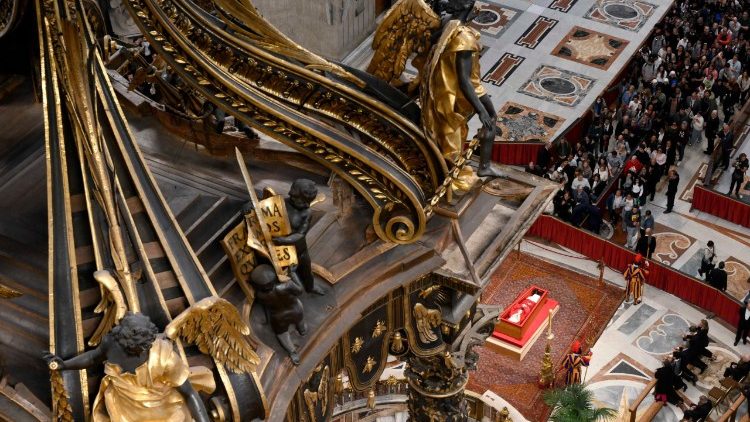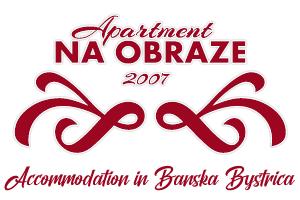In a solemn ceremony held in St. Peter’s Basilica, the coffin of the late Pope Francis was sealed following a heartfelt tribute from approximately 250,000 pilgrims who gathered to pay their final respects to the beloved Pope from Argentina. This sacred moment took place on Friday evening, preceding a Requiem Mass dedicated to honoring his memory.
As part of the venerable traditions of the Church, several significant items were placed within the coffin. Among them were the Pope’s pallium—a symbol of his pastoral authority—coins and medals minted during his pontificate, and a “Rogito,” or Deed. This Deed provides a profound summary of his life, papacy, and contributions to the Church, and it was carefully composed in Latin. To preserve his legacy, this text was sealed inside a metal cylinder, ensuring it remains a part of history.
The following is a working English-language translation of the Deed:
“DEED FOR THE PIOUS PASSING
OF HIS HOLINESS FRANCIS
DEATH, INTERMENT, AND ENTOMBMENT
OF FRANCIS OF BLESSED MEMORY”
The poignant passage from the Deed reflects on Pope Francis’ spiritual journey and his deep connection with humanity: “With us, pilgrims of hope, guide and companion on the journey toward the great goal to which we are called—Heaven—on the 21st day of April in the Holy Year 2025, at 7:35 in the morning, while the light of Easter illumined the second day of the Octave, Easter Monday, the beloved Shepherd of the Church, Francis, passed from this world to the Father. The entire Christian Community, especially the poor, gave praise to God for the gift of his service rendered with courage and faithfulness to the Gospel and to the mystical Bride of Christ.”
Pope Francis, born Jorge Mario Bergoglio on December 17, 1936, in Buenos Aires to Piedmontese immigrants, served as the 266th Pope of the Catholic Church after his election on March 13, 2013. His father, Mario, worked as an accountant for the railways, while his mother, Regina Sivori, dedicated herself to nurturing their five children.
From an early age, Francis felt a calling toward the priesthood. After obtaining a diploma as a chemical technician, he entered the diocesan seminary and, on March 11, 1958, joined the Society of Jesus, beginning his extensive theological and humanistic education. He studied in Chile and returned to Argentina in 1963, where he graduated in philosophy from the San Giuseppe college in San Miguel. His intellectual pursuits led him to become a respected professor of literature and psychology at the colleges of the Immaculate Conception in Santa Fé and the Saviour in Buenos Aires, shaping the minds and hearts of many students.
The legacy of Pope Francis emanates not only through his role as a spiritual leader but also through his profound impact on countless lives, echoing in the memory of the Church and the hearts of individuals around the world.







